(BPT) - If you read it online, does that mean it's true? Although the internet has undoubtedly made access to information easier than ever, not all of that 'information' is born from a state of reality or truth. Myths and unwarranted 'facts' around the COVID-19 vaccine and its potential impact on fertility continue to circulate, causing unnecessary alarm, spreading misinformation and perpetuating mistruths. How much truth is actually aligned with some of these increasingly common misconceptions? Dr. Sunny Jun, a board-certified reproductive endocrinologist and co-medical director of CCRM Fertility San Francisco, wants to set the record straight.
What concerns are you hearing about the COVID-19 vaccine?
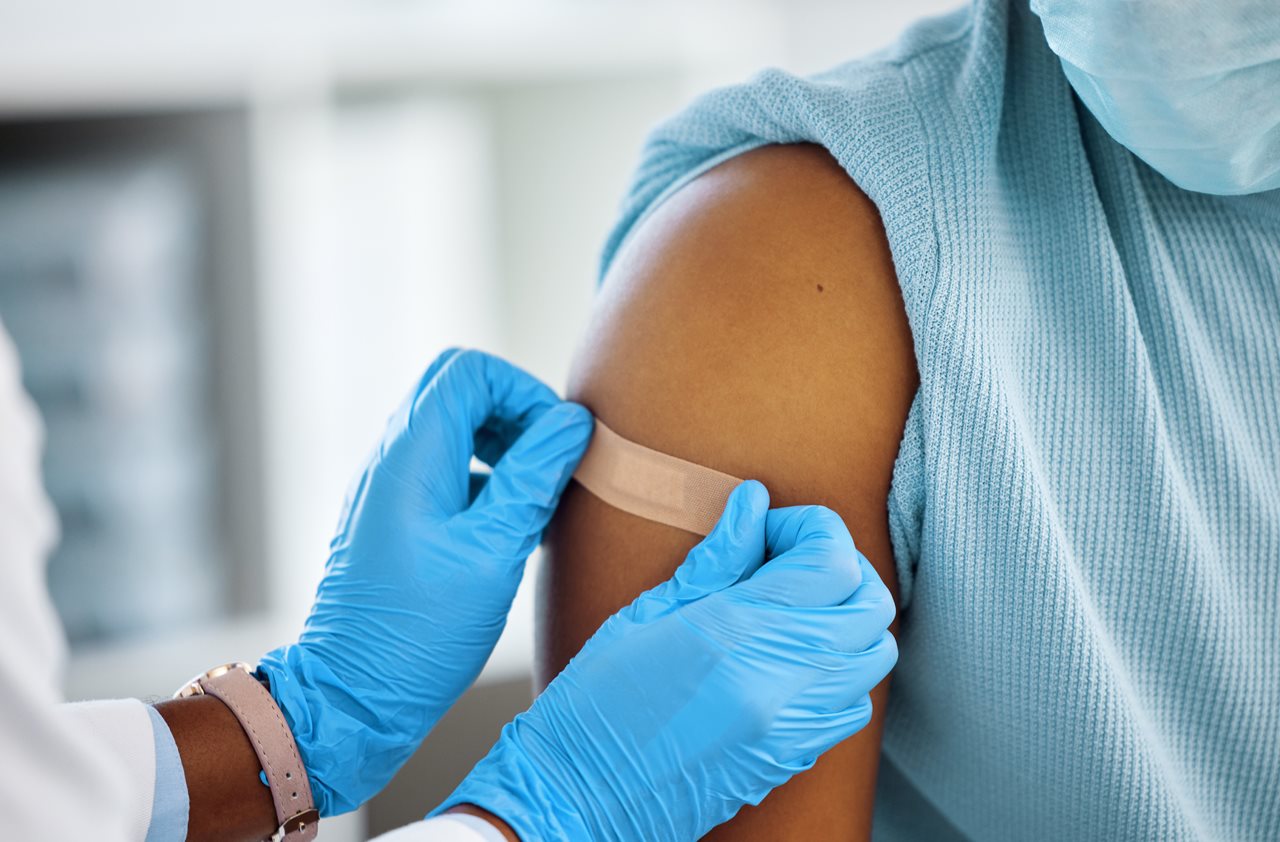
Common questions around the COVID-19 vaccine and fertility include, 'Will it disrupt my menstrual cycle? Will it increase my risk of miscarriage? Will it delay or interfere with my scheduled fertility treatments?' According to Jun, the short answer is no.
'There's no scientific evidence that suggests the COVID-19 vaccine impacts fertility as it relates to women's menstrual cycles, the ability to sustain a healthy pregnancy or its effect on in vitro fertilization (IVF) or other fertility treatments,' she said. 'As with any new vaccine, there will always be things to look out for. Fortunately, current data does not demonstrate a link between vaccines and infertility.'
How did these myths originate?
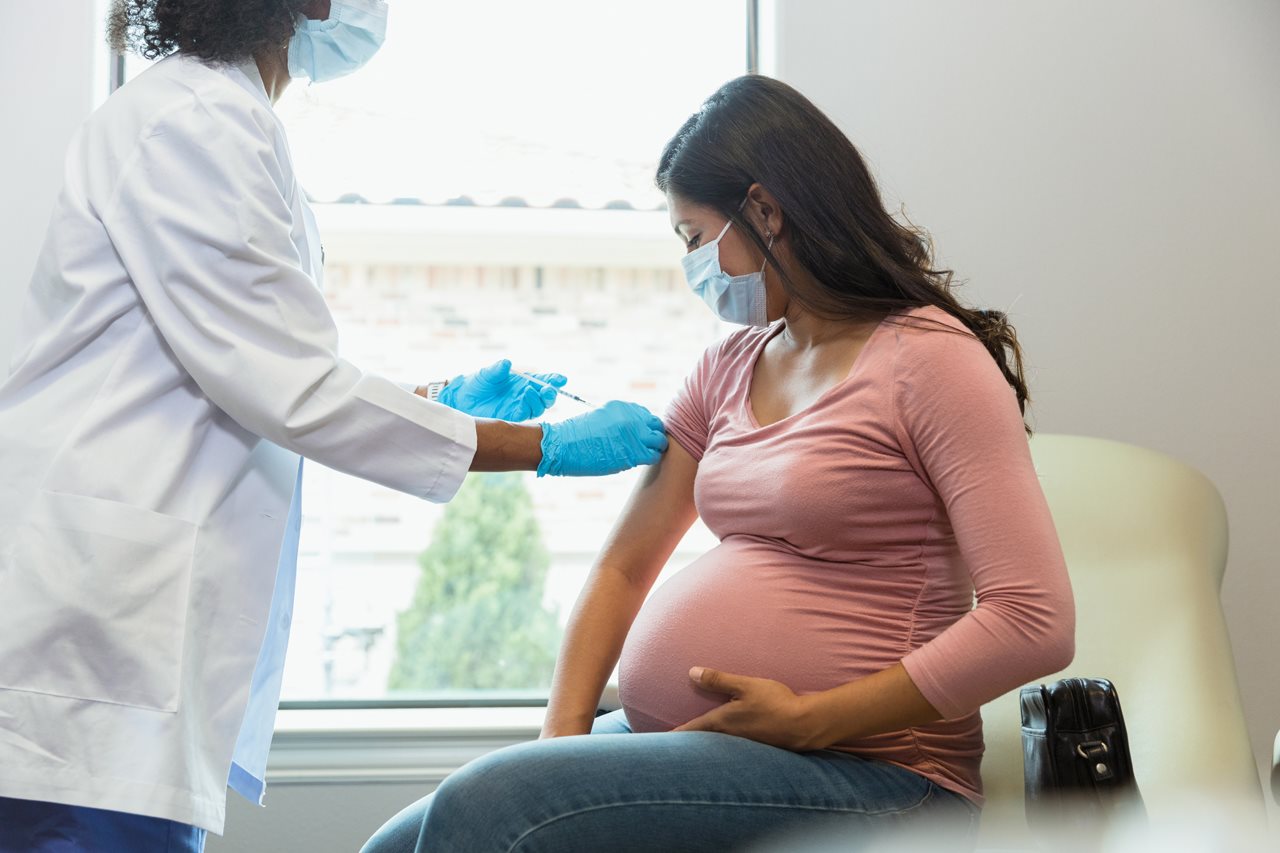
It's unclear where misinformation around the COVID-19 vaccine stems from. While some may attribute it to a variety of side effects that resulted from the second vaccine dose, it can also be traced back to the spike protein which is present in both the Pfizer and Moderna vaccines.
'The myth may have started based on the placental protein that nourishes a fetus during pregnancy, which shares an impossibly small part of the genetic code to that of the vaccine spike protein,' Jun said. 'Because of this similarity, the body's immune system may theoretically attack a pregnant woman's placenta after vaccination. A thorough amount of research has disproved this theory - indicating that, overall, the protein is very different, and the body's immune system will be able to differentiate it.'
A variety of recent studies have yielded a large amount of data, leading health organizations like The American College of Obstetricians and Gynecologists and Centers for Disease Control and Prevention (CDC) to reiterate their recommendations regarding the safety of the COVID-19 vaccine - even for pregnant and nursing mothers.
Are COVID-19 booster shots safe?
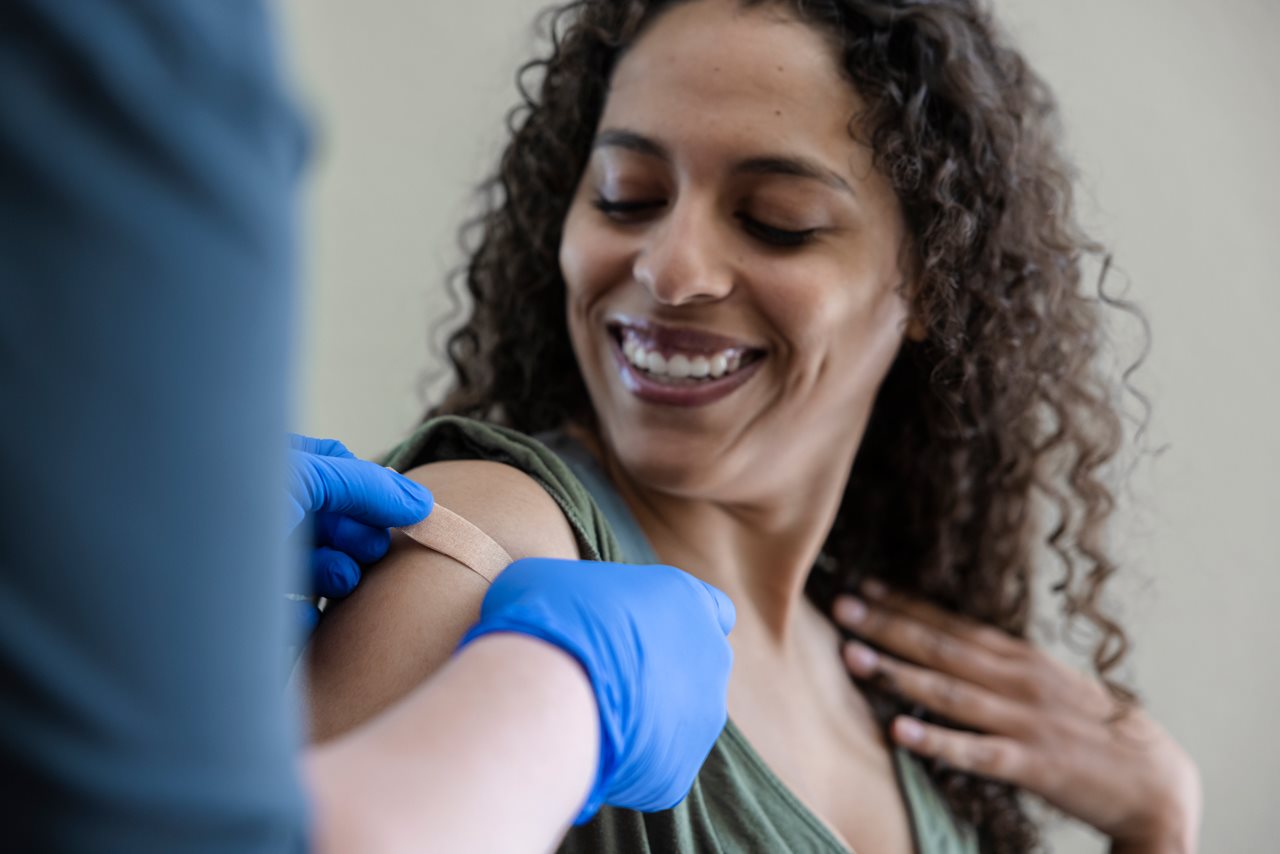
According to Jun, booster shots are exactly the same as the first two COVID-19 vaccine shots, (except the dose may be less in Moderna boosters) and the side effects are similar to the initial doses. Regardless of which COVID-19 vaccine a woman gets, booster shots from all three U.S.-approved manufacturers provide equivalent amounts of protection for mothers and their unborn children.
'Boosters have been authorized by the Food and Drug Administration (FDA) for certain populations, resulting in demonstrable improvements in protection against COVID-19,' she said. 'In fact, it's the only intervention (beyond social distancing, hand washing and wearing a mask) that can truly help protect someone against the worst effects of COVID-19.'
What should we be concerned about?
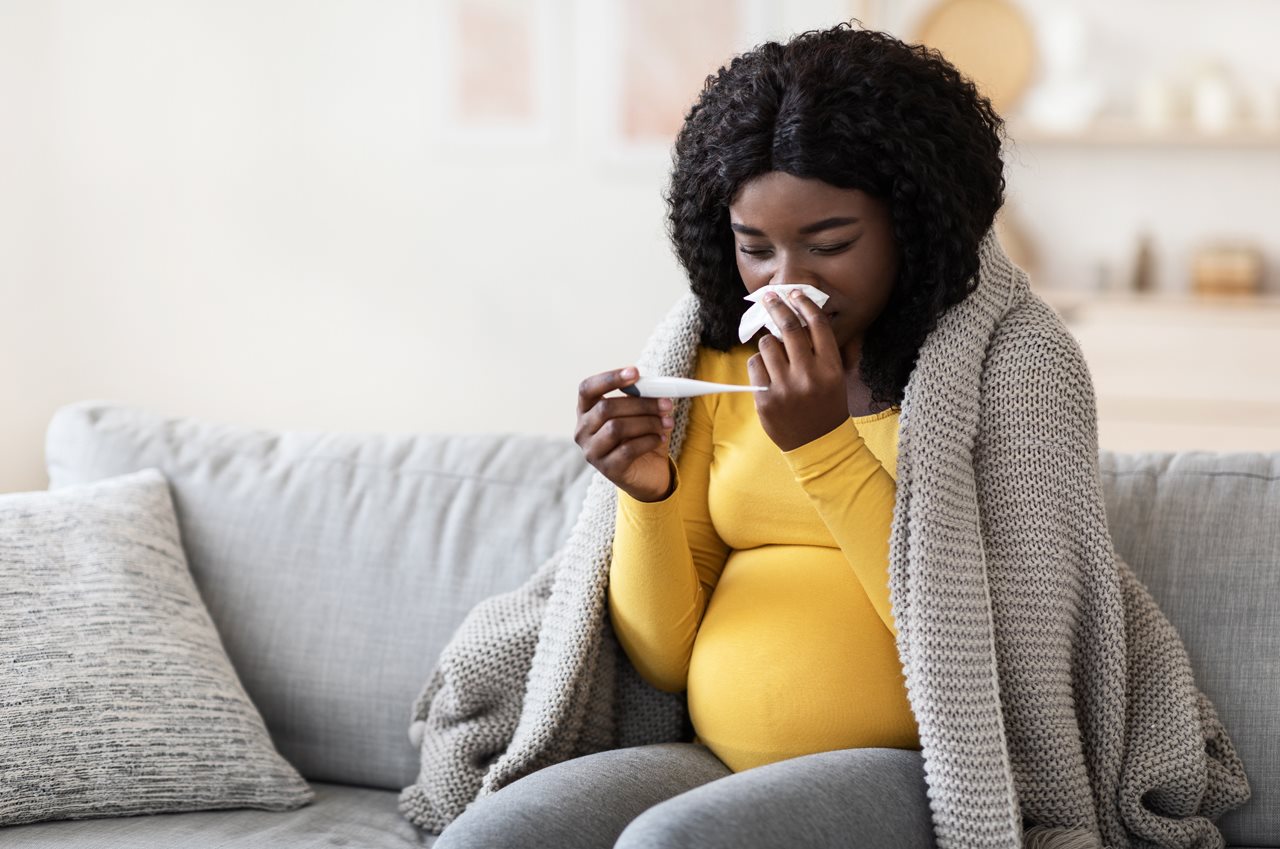
'Data regarding infertility and potential pregnancy complications due to a COVID-19 vaccination does not currently exist.' What could have a detrimental effect on fertility is the virus itself. If a woman experiences severe illness from COVID-19, the hypothalamic-pituitary-gonadal axis may be affected, causing variability in the production of hormones needed for fertility.
'Getting sick with COVID-19 while pregnant is serious. Deaths from COVID-19 among pregnant women is real,' Jun said. 'In fact, new research from the CDC confirms that pregnant women and their babies are at increased risk of severe outcomes from COVID-19, including death and stillbirths.'
What about COVID-19 and male fertility?
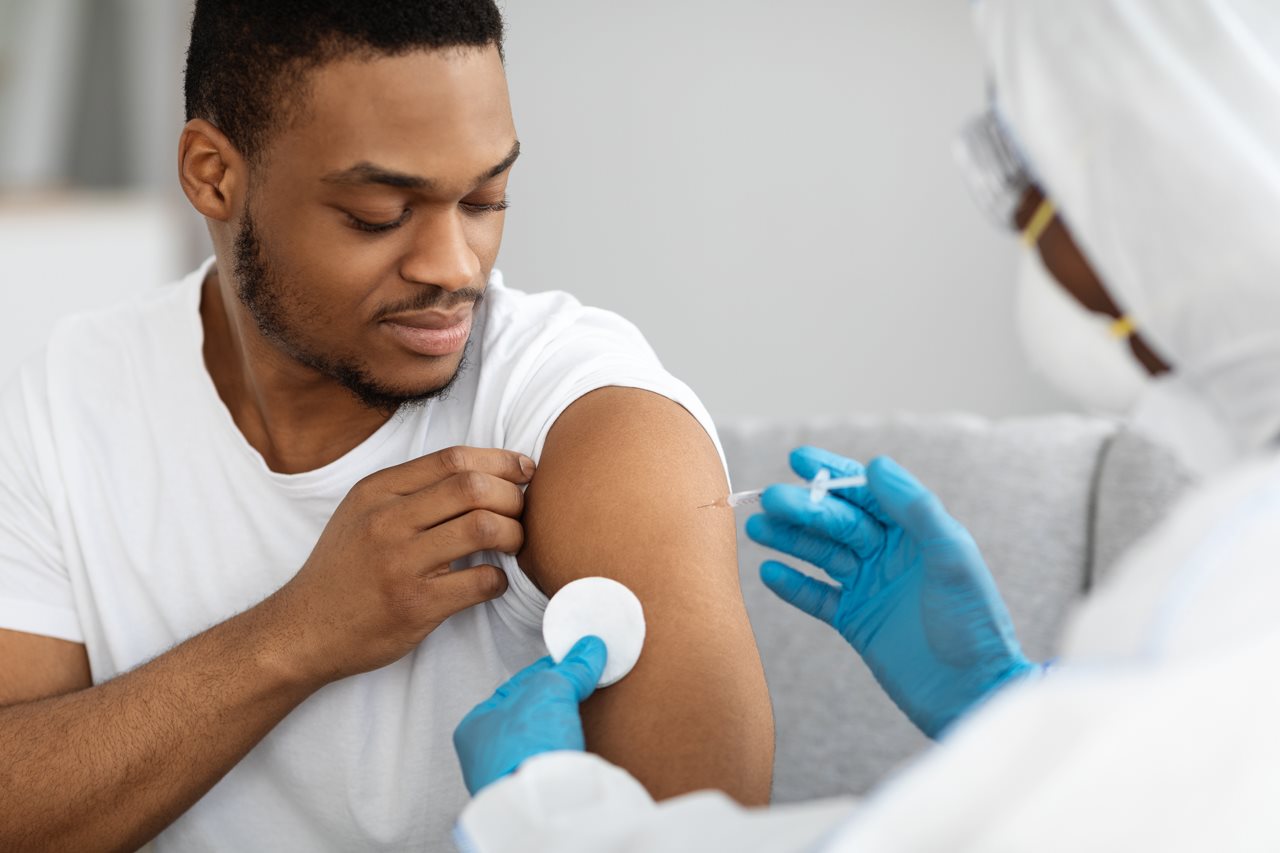
The virus' impact on fertility extends to men, as well. Jun said studies indicate COVID-19 can cause a robust inflammatory response in otherwise young, healthy and unvaccinated men. Any systemic inflammatory response can be associated with a decline in the number and/or swimming ability of sperm, or even their function or shape. Though research is still ongoing, it's also been found that COVID-19 can cause other symptoms in men, including orchitis and erectile dysfunction.
'There is currently no evidence to support claims that the vaccine can affect sperm production or function, but what is known is that the virus itself might,' she said. 'If fertility or sexual health is a concern for you or your partner, it would be wise to consider getting the COVID-19 vaccine.'
Should I be worried about my child's future fertility if they get the vaccine?

Now that the FDA has authorized the vaccine to children ages 5 to 11, similar myths have swarmed the internet on whether the vaccine can negatively impact a child's development to puberty or their future fertility. The Kaiser Family Foundation recently released a survey indicating that 66% of parents of children in eligible vaccine age groups carry a concern about the vaccine's impacts on their child's fertility.
'Similar to claims around the vaccine's impact on adult fertility, no scientific facts indicate that the vaccine causes loss of fertility in any age,' Jun said. 'While it's normal to ask questions and express concern around a new vaccine, there is evidence to support the COVID-19 vaccine's safety among children and several professional organizations have even endorsed their support, including the American Academy of Pediatrics.'
How do I protect myself and my family?
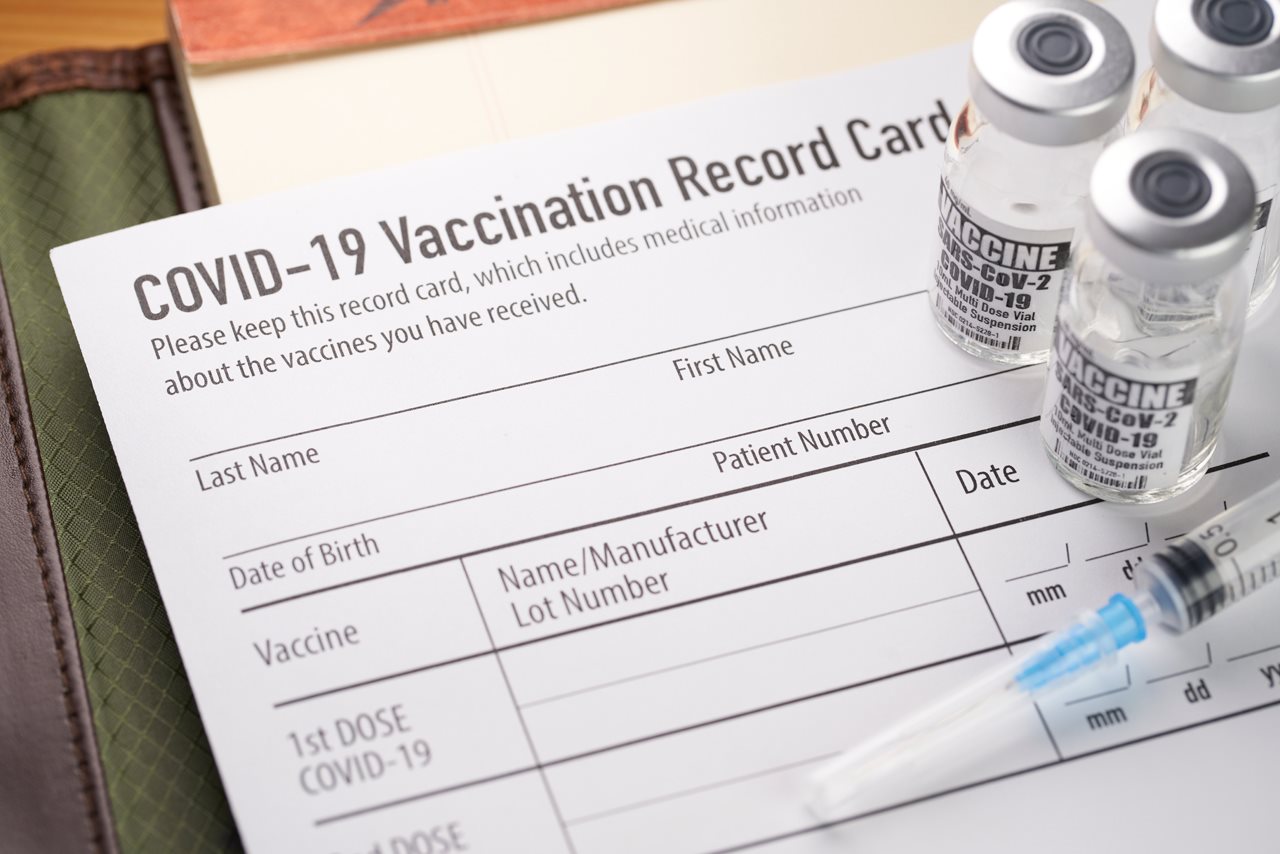
Simply put, anyone still hesitant about the vaccine out of fear of its impact on fertility should reconsider. The risks of COVID-19 infection during pregnancy far outweigh any perceived risks from COVID-19 vaccinations during pregnancy. Fertility health is dependent upon both partners and getting vaccinated is one of the many things that proactively ensure a successful conception and a healthy pregnancy.
'Due to a lack of evidence that demonstrates the vaccine's negative effects on female and male fertility, we hope those who have yet to be vaccinated will change their minds sooner than later. COVID-19 is not going away any time soon," adds Jun.